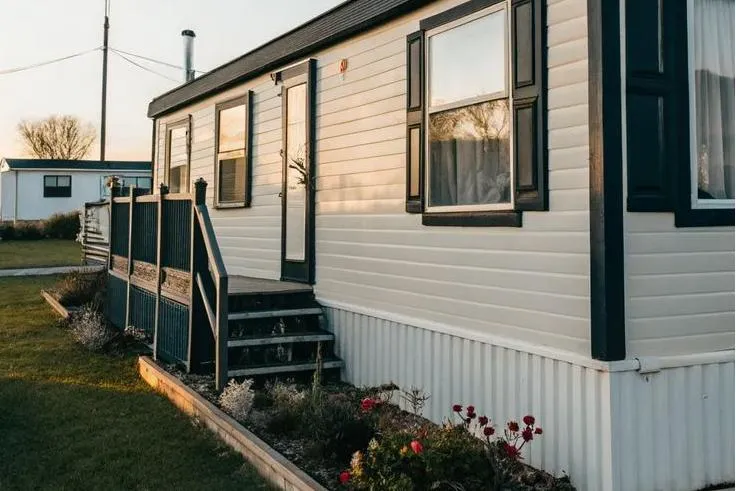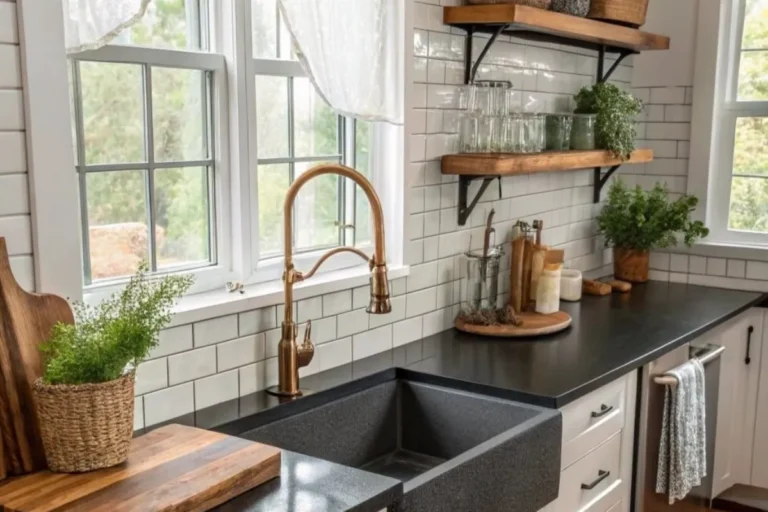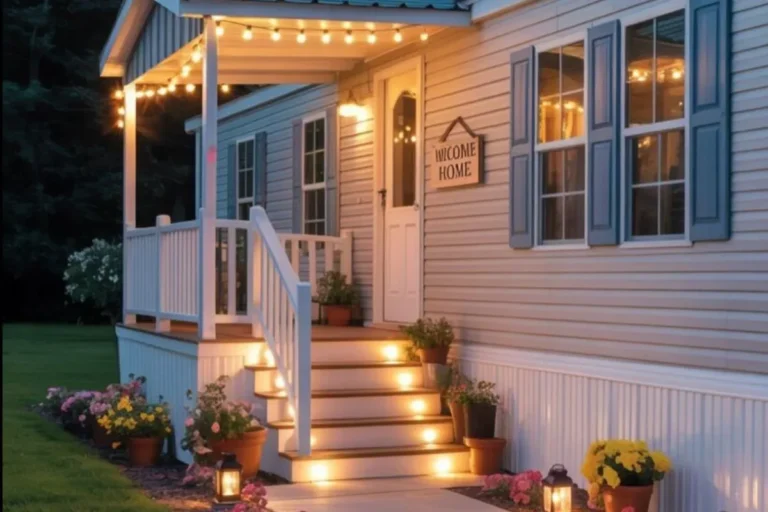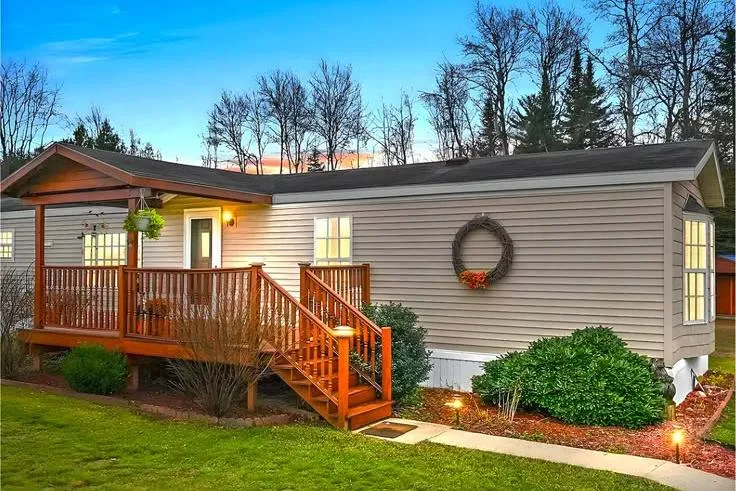Mobile homes have long been a popular choice for affordable, flexible housing. Whether you’re living in one full-time or using it as a seasonal retreat, you may wonder: how long do mobile homes last? The answer depends on a few important factors, but with proper care, a mobile home can serve you well for decades.
In this post, we’ll cover the average lifespan of mobile homes, what affects it, how to extend it, and how it compares to traditional site-built homes.
Average Lifespan of Mobile Homes
On average, mobile homes last between 30 and 55 years. However, this range can vary widely depending on the quality of the home’s construction, where it’s located, and how well it’s maintained.
A key turning point in mobile home durability came in 1976, when the U.S. Department of Housing and Urban Development (HUD) implemented stricter building standards for manufactured housing. Homes built after this date are often referred to as HUD-code manufactured homes, and they’re generally more durable and energy-efficient than older mobile homes.
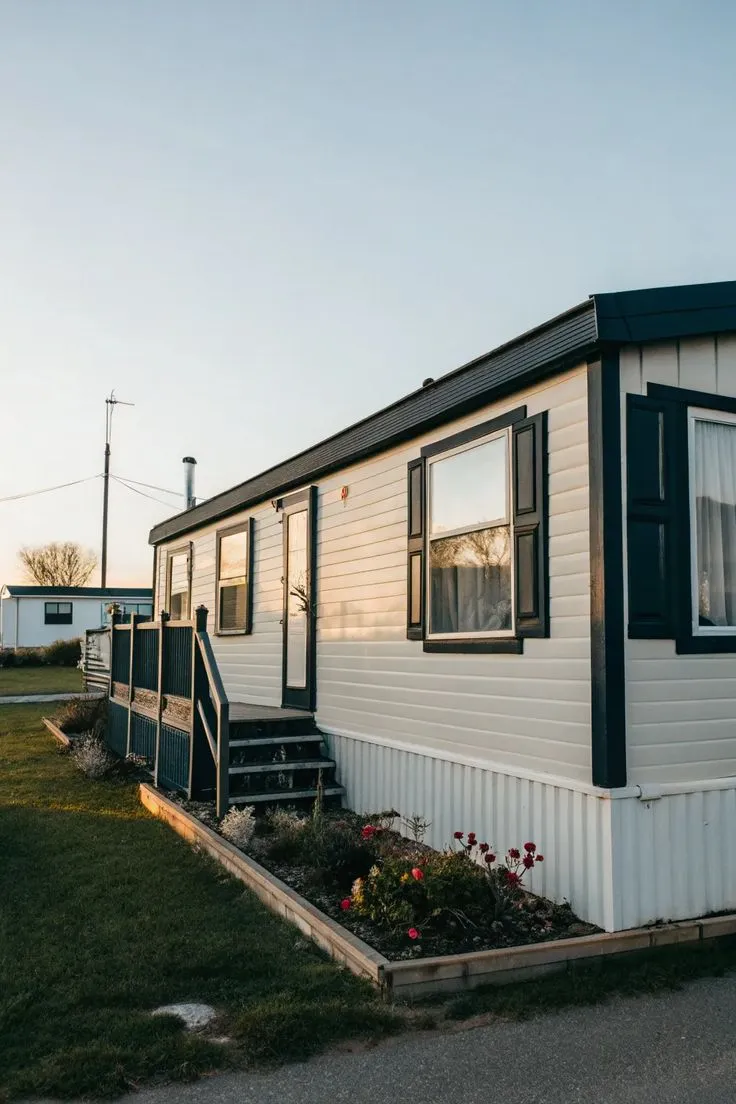
Key Factors That Affect Mobile Home Lifespan
Several factors can influence how long your mobile home will last:
1. Construction Quality and Materials
Higher-end mobile homes are built with better insulation, roofing, and siding. They’re more resistant to weather damage and everyday wear and tear.
2. Installation Quality
Poor installation can lead to structural problems over time. A mobile home needs to be installed on a solid, level foundation to ensure longevity.
3. Location and Climate
Homes in regions with extreme weather—hurricanes, snow, flooding—often wear down faster. Humid climates can also lead to moisture buildup, mold, or rust issues.
4. Foundation Type
A permanent foundation increases stability and lifespan, while temporary or unanchored setups may lead to more damage over time.
5. Regular Maintenance
Like any home, mobile homes need consistent upkeep—roof sealing, underbelly inspections, plumbing checks, and more. Deferred maintenance can drastically reduce lifespan.
Signs Your Mobile Home May Need Replacing or Renovating
Not sure whether your mobile home is nearing the end of its useful life? Watch out for these warning signs:
- Roof leaks or sagging areas
- Warped flooring or spongy spots
- Soft walls, bubbling paint, or moisture damage
- Outdated electrical systems that pose a safety risk
- High energy bills, indicating poor insulation
- Doors and windows that no longer align properly
These issues don’t always mean the home needs to be replaced—but they may require significant repairs or upgrades.
How to Extend the Life of a Mobile Home
Want to make your mobile home last longer? A little preventative care goes a long way:
1. Conduct Regular Inspections
Check your roof, skirting, HVAC, plumbing, and underbelly at least once a year. Catching issues early can prevent costly damage later.
2. Seal and Weatherproof
Inspect for cracks in walls and floors, and reseal around windows and doors. Make sure siding and skirting are intact to block out moisture and pests.
3. Improve Energy Efficiency
Install better insulation and upgrade to double-pane windows. Not only will this lower energy costs, but it also adds to your home’s comfort and value.
4. Replace Aging Systems
If your HVAC, plumbing, or electrical systems are decades old, consider upgrading. New systems are more reliable and safer.
5. Keep Moisture Out
Moisture is one of the biggest enemies of mobile homes. Use vapor barriers, proper skirting, and ventilation to prevent mold and water damage.
Mobile Homes vs. Traditional Homes: Lifespan Comparison
How does a mobile home compare to a traditional house in terms of longevity?
| Feature | Mobile Home | Stick-Built Home |
| Average Lifespan | 30–55 years | 70–100+ years |
| Foundation | Temporary or permanent | Permanent |
| Value Over Time | Depreciates faster | May appreciate |
| Maintenance Needs | Moderate | Moderate to High |
| Build Time | Weeks to months | Several months+ |
While stick-built homes tend to last longer and retain value better, modern mobile homes can still offer decades of comfortable living, especially when maintained properly.
Resale Value and Insurance Implications
Older mobile homes may have limited resale value, especially if they were built before HUD code improvements in 1976. However, well-kept or upgraded manufactured homes can still be desirable in many markets.
Insurance companies will also consider the home’s age, condition, and foundation when determining rates. Homes on permanent foundations usually receive better coverage options and lower premiums.
Conclusion
So, how long do mobile homes last? If they’re built well, properly installed, and regularly maintained, they can easily last 40–50 years or more. Modern mobile homes are much more durable than older models, especially those built post-1976 under HUD guidelines.
Investing in repairs and upgrades along the way will not only increase your comfort but also extend the useful life of your home significantly.
Whether you’re extending its lifespan or planning a full renovation, there are endless ways to upgrade and personalize your mobile home. From modern skirting to smart interior paneling, small changes can make a big impact.
Looking for inspiration? Check out more mobile home ideas and upgrade tips at ecobuildhome.com — your go-to resource for affordable, stylish, and practical home solutions. Let’s help you create a space you’ll love for years to come!

